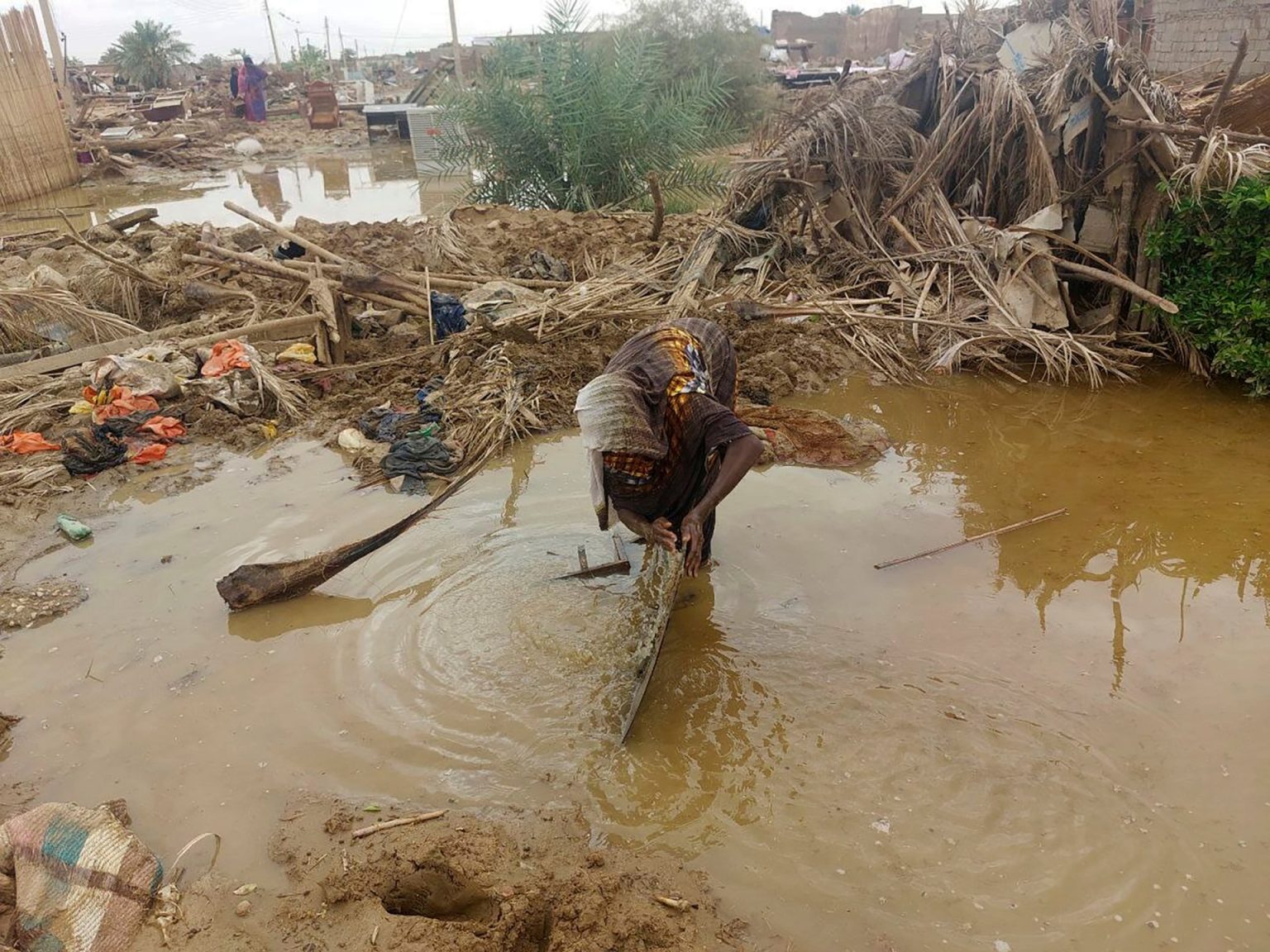A cholera outbreak in Sudan has led to more than 350 recorded cases, with fears that many more may be infected due to challenges in reaching victims amidst a continuing civil war. At least 22 people have died from the disease, prompting the Health Minister to declare a cholera epidemic following heavy rains that have contaminated drinking water. This outbreak is just the latest crisis in Sudan, where fighting between the army and paramilitary groups has been ongoing since April 2023. The World Health Organization reported 78 deaths from cholera this year alone, with over 2,400 people infected across the country.
The latest outbreak of cholera in Sudan has affected multiple states, with the most impacted areas being Kassala, El Gezira, and Khartoum. Heavy rains since June have caused widespread flooding, displacing over 20,000 people and contaminating water supplies with cholera. Lack of vaccination among those affected has contributed to the spread of the disease. The World Health Organization is collaborating with Sudanese health authorities to implement a vaccination campaign in the affected regions. Cholera is primarily spread through contaminated water and can cause severe dehydration if left untreated.
Cholera is a bacterial disease that can be fatal within hours if not treated promptly with rehydration therapy. Poor access to clean water and sanitation facilities in war-torn regions like Sudan has exacerbated the spread of the disease. Displacement of populations due to conflict has created ideal conditions for cholera to thrive, as seen in Sudan where the infrastructure has been severely damaged. Furthermore, heavy rainfall has worsened the situation, impeding aid delivery and exacerbating the already dire humanitarian crisis in the country.
While cholera is a significant concern in Sudan, other diseases such as dengue fever and meningitis are also on the rise due to the living conditions resulting from the prolonged war. Displacement, lack of access to healthcare facilities, and poor sanitation contribute to the increase in these diseases. Forecasted heavy rainfall until September poses additional challenges to containing the outbreak, with the potential for flooding to surpass previous records. Efforts to control the spread of diseases amidst the conflict must be innovative and adaptable to the challenging conditions on the ground.
The ongoing conflict in Sudan has taken a toll on the civilian population, resulting in significant displacement and damage to critical infrastructure. With estimates of up to 150,000 deaths from the conflict so far, the country faces numerous challenges including the spread of preventable diseases like cholera. The global community, including the United States, is involved in peace talks aimed at resolving the conflict and addressing the humanitarian crisis. Health officials emphasize the need for flexible strategies to control disease outbreaks amidst conflict and displacement, acknowledging the unique challenges faced in such environments.













